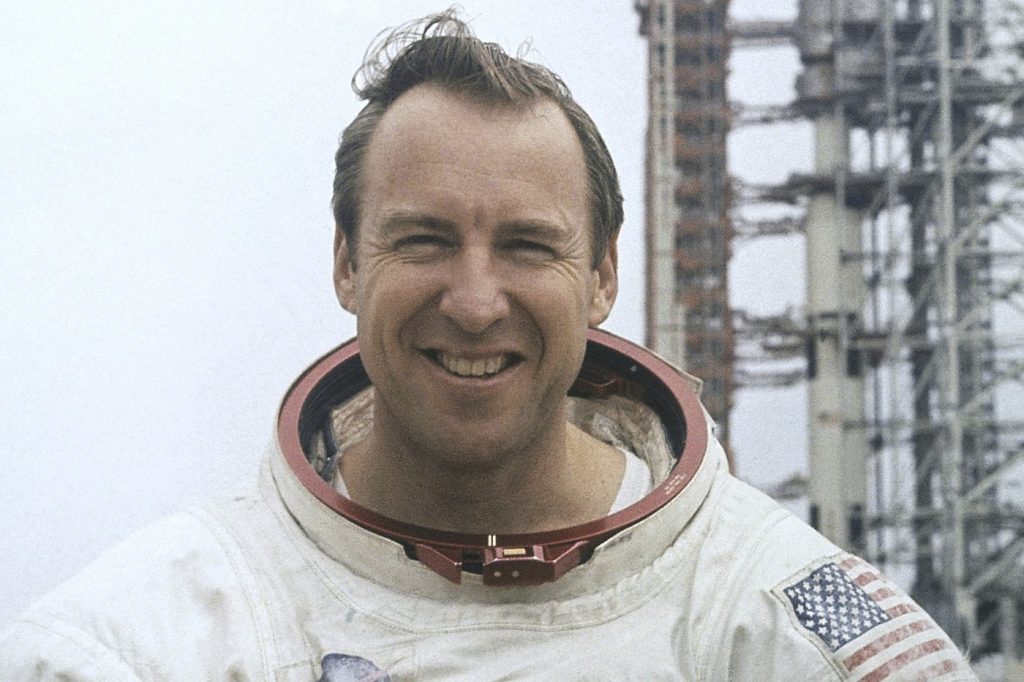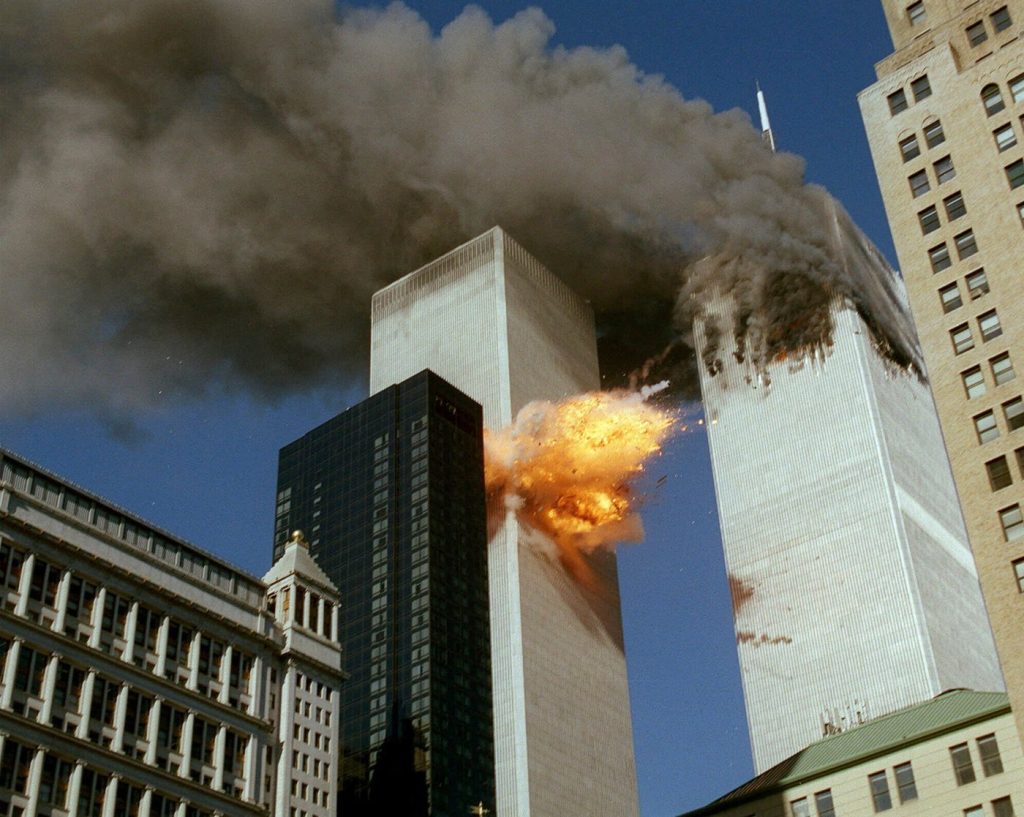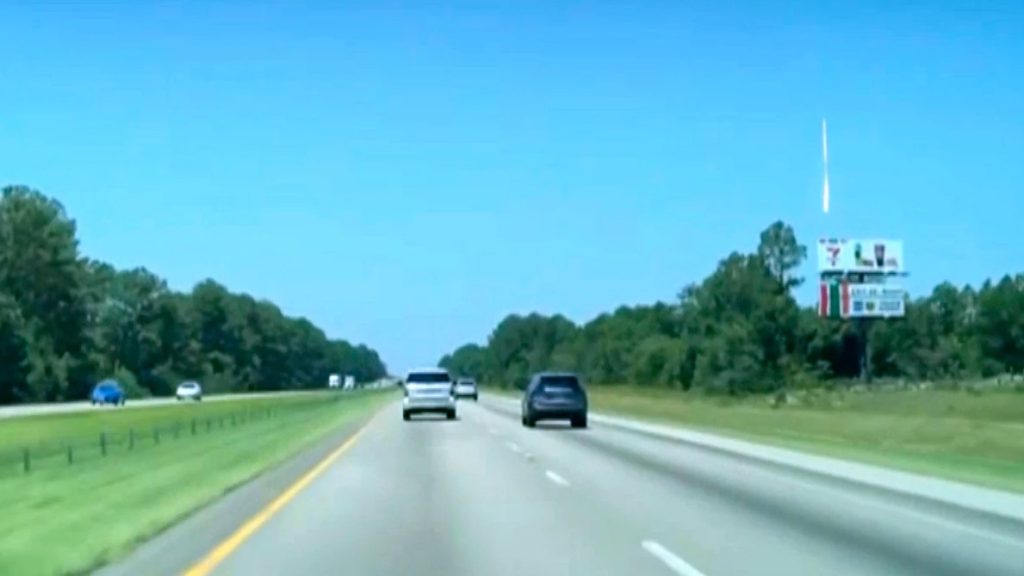James Lovell, the commander of Apollo 13 and a pivotal figure in NASA's early space exploration efforts, has passed away at the age of 97. Lovell died on a Thursday in Lake Forest, Illinois, as confirmed by a NASA statement released the following day. NASA expressed their sorrow over his passing, highlighting how Lovell's character and steadfast courage transformed a potentially tragic mission into a monumental educational success.
Lovell was among NASA's most seasoned astronauts, undertaking four significant missions: Gemini 7, Gemini 12, Apollo 8, and Apollo 13. His role in these missions particularly captured public attention through the dramatic retelling of the Apollo 13 flight in the 1995 film "Apollo 13," where actor Tom Hanks portrayed Lovell, famously quoting, "Houston, we have a problem."
In December 1968, Lovell was part of the Apollo 8 crew, which made history by being the first to leave Earth's orbit and orbit the Moon, although they did not land. This mission positioned the United States ahead of the Soviets in the space race, especially after the crew captured a stunning photograph of Earth, which they referred to as the "pale blue dot." Additionally, their Christmas Eve reading of Genesis offered solace during a tumultuous time in the United States.
However, it was the harrowing Apollo 13 mission in April 1970 that left a lasting impression on Lovell. Originally set to be the fifth person to walk on the Moon, he and his crew faced a life-threatening crisis when an oxygen tank exploded en route. The astronauts were forced to endure four cold days in the cramped lunar module, which served as their lifeboat. Lovell reflected on the mission, stating, "in some sense it was very much of a success," since it showcased NASA's capabilities in crisis management.
The retired Navy captain was known for his calm demeanor and ability to measure risks, distinguishing him from others who may have displayed more bravado. According to Smithsonian historian Roger Launius, Lovell was viewed as "a very personable, very down-to-earth type of person," articulated through his leadership during the Apollo 13 crisis.
Throughout his career, Lovell accumulated 715 hours in space, a record held until the Skylab missions in the mid-1970s. His narrative of describing Earth from space during the Apollo 8 mission added a significant layer to the human experience of space exploration. As Lovell pondered, "if I am some lonely traveler from another planet," it illuminated a broader perception of Earth's fragility.
Lovell's leadership and problem-solving skills during Apollo 13 became emblematic of NASA's finest hour, demonstrating the agency's ability to confront immense challenges. His now-iconic line, "Houston, we've had a problem," signified the beginning of a tumultuous rescue operation led by Flight Director Gene Kranz, where hundreds of engineers and flight controllers rallied to ensure the crew's safe return.
Despite the successful outcome of Apollo 13, Lovell expressed regret at never having walked on the Moon. He articulated this sentiment in a 1995 interview, stating, "the loss of the opportunity to walk on the moon is my one regret." President Bill Clinton acknowledged Lovell's contributions by awarding him the Congressional Space Medal of Honor, remarking, "You gained something that is far more important perhaps: the abiding respect and gratitude of the American people."
Born on March 25, 1928, in Cleveland, Lovell studied at the University of Wisconsin before transferring to the U.S. Naval Academy. After graduation in 1952, he married his wife, Marilyn. Lovell later became a test pilot and was selected as a NASA astronaut in 1962. He retired from both the Navy and NASA in 1973, later venturing into private business. Lovell co-authored "Lost Moon" with Jeff Kluger, detailing the Apollo 13 mission, which subsequently inspired the successful Hollywood film.
Lovell and his family operated a restaurant called Lovell's of Lake Forest in suburban Chicago before it closed. His wife, Marilyn, passed away in 2023. He is survived by their four children, who pay tribute to him as their "hero," remembering his optimism and ability to inspire others to pursue the seemingly impossible.












